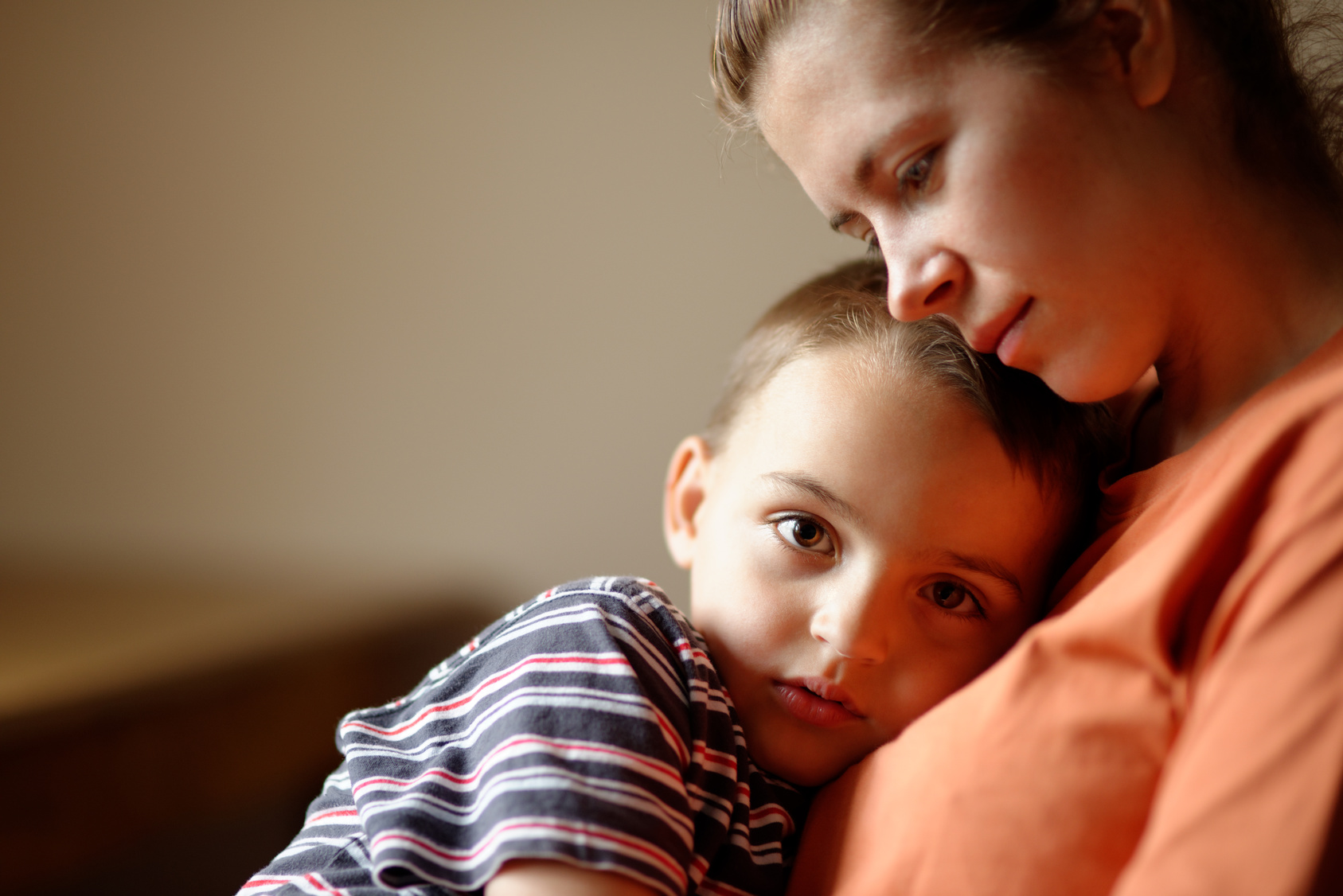While we have considerable information regarding the teratogenic risk associated with prenatal exposure to various antiepileptic (AED) drugs, we have less impact on exposure to AEDs on behavior outcomes in children. Several studies have shown that exposure to valproic acid may be associated with increased risk of autistic traits and/or attentional problems; however, we have less information on risk for other behavior problems.
In a prospective observational study, carried out in collaboration with the European Registry of Antiepileptic Drugs and Pregnancy (EURAP), Dutch researchers examined the behavioral functioning of children prenatally exposed to carbamazepine (CBZ), lamotrigine (LTG), levetiracetam (LEV), or valproate (VPA) monotherapy. Between January 2015 and March 2018, parents completed the Child Behavior Checklist and the Social Emotional Questionnaire to examine the nature and severity of behavioral problems.
Of the 405 mother-child pairs invited to participate, 181 children were included: 26 exposed to VPA, 37 to CBZ, 88 to LTG, and 30 to LEV. VPA-exposed children were compared to children exposed to CBZ, LTG, or LEV, taking potential confounders into consideration.
A significant proportion of children in all four antiepileptic drug (AED) exposure groups had clinically relevant behavior problems. Behavior problems were observed in 32% of VPA-exposed children, compared to 14% of CBZ, 16% of LTG, and 14% of LEV. After controlling for potential confounders, VPA-exposed children had significantly more social problems than those exposed to LTG or LEV and significantly more attention problems than LEV-exposed children. LTG-exposed children had significantly more attention deficit, but significantly less anxious behavior than LEV-exposed children.
This study was relatively small, including only 181 children. Also, it is important to note that of the children who were eligible to be included and were invited, less than half elected to participate. However, the findings are consistent with previous studies which have demonstrated higher rates of behavioral problems in children exposed to valproate.
Somewhat surprisingly, higher rates of behavioral problems were observed in all four exposure groups (as compared to population norms); however, these findings relied on parental ratings, as opposed to observation by a blinded rater. In previous studies, prenatal exposure to lamotrigine and levetiracetam have not been associated with developmental problems in exposed children. The sample size of some of the AED?exposed groups was small; larger studies with a non-exposed control group are needed to better understand the impact of prenatal AED exposure on child behavior.
Ruta Nonacs, MD PhD
Huber-Mollema Y, Oort FJ, Lindhout D, Rodenburg R. Behavioral problems in children of mothers with epilepsy prenatally exposed to valproate, carbamazepine, lamotrigine, or levetiracetam monotherapy. Epilepsia. 2019 Jun;60(6):1069-1082.








Leave A Comment